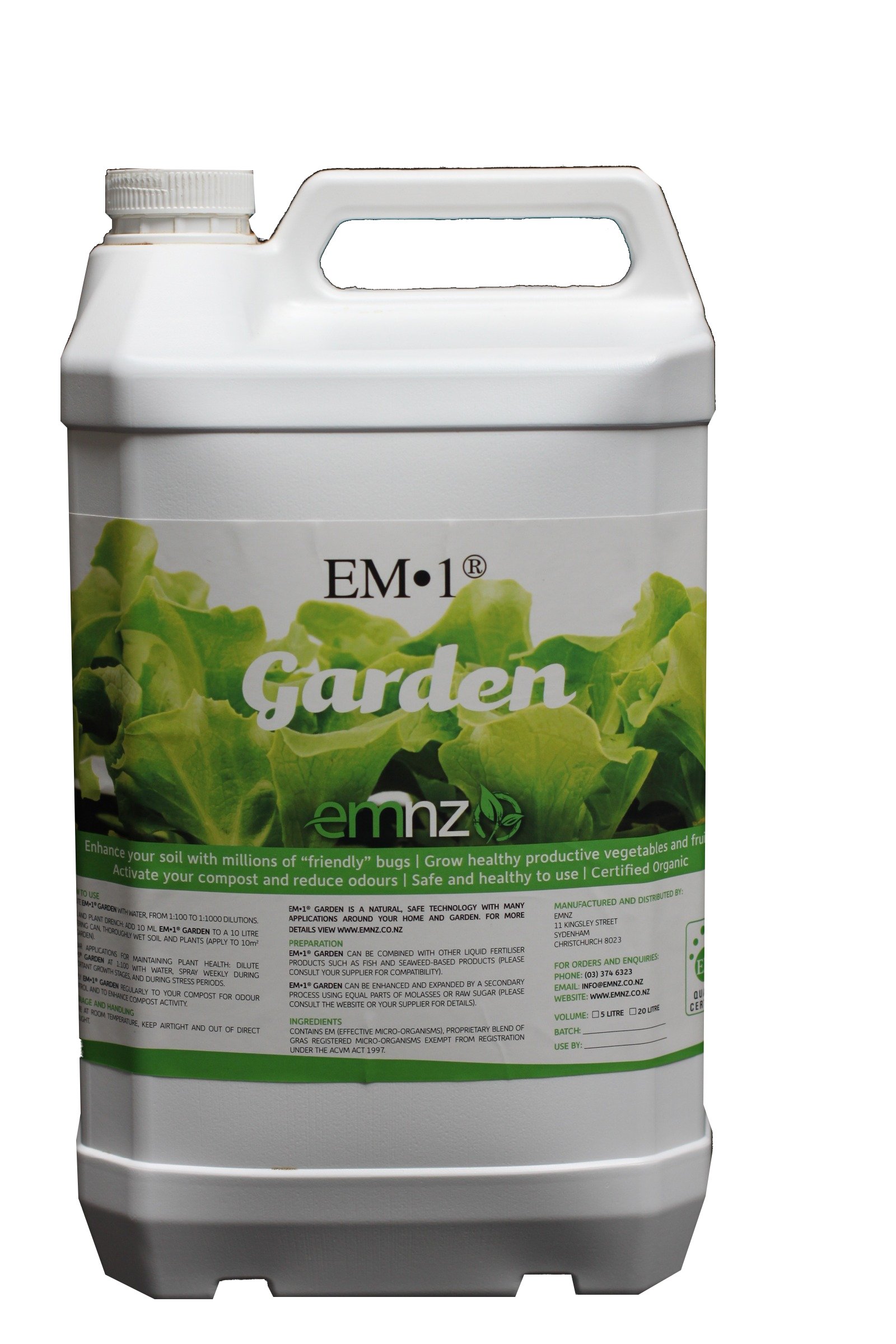Nutrient dense food is the organic farmer’s Holy Grail. The key to achieving a nutrient dense harvest is making sure the plants have ready access to the nutrients themselves. This can be achieved by setting up the right ecology for your garden. If you are somewhat new to gardening, here are three highly effective strategies that you may not have considered.
Balance Calcium Levels
All animals and plant life require calcium to survive. Calcium reduces soil acidity, returning it to a healthy pH and plants use calcium for cell wall development which not only protects the plant from foreign pathogens, but also allows the plant to grow. Calcium also contributes to the plant’s metabolism, nitrate uptake, and enzyme and beneficial microbe activity.
Simply put, calcium-deficient plants have difficultly absorbing nutrients, making them less nutritious and robust. Calcium is often accompanied by phosphorous, which is also necessary for plant health and contributes to moisture regulation, photosynthesis, respiration, and the plant’s metabolism. If you notice that your garden is particularly weak or frail, it is very possible that you have calcium and phosphorous deficient soil.
To determine whether or not your soil has a calcium deficiency, get your soil tested at a soil lab. Testing is crucial – and you should do so prior to adding in calcium as it is much easier to add in calcium than subtract it. A full soil analysis will also show you all macro nutrients (N,P, K) and major trace minerals for plant growth (B, Cu, Ca, Na, Mg, Mn, etc). If you find that pH levels are too high (acidic), you can add calcium into the soil to return it to a healthy level. The ideal soil pH is 6.8-7.2. The preferred methods for increasing calcium are adding in granular or pulverized limestone, egg shells, or gypsum. Measure your soil’s pH levels again prior to planting your next crop to unsure that everything is just right and check it in the spring of every year.
Enhance Your Soil’s Biology
Most folks who are new to gardening understand the value of adding in nutrient rich humus, compost, and fertilizer to their soils, but they may not think of the soil as a complex, living ecosystem. This is an important concept to commit to memory and live (garden) by. Your soil is home to a wide array of microbes, enzymes, worms and insects, and the many of these critters live in symbiosis in a way that is beneficial to your garden’s health. A healthy ecology will result in robust crop yields and contribute to your plant’s ability to resist disease and pests. The end result is a more beautiful garden with higher quality fruits and vegetables.
In addition to adding in nutrient-rich humus – we recommend the bokashi fermentation process – you should also add in a microbial inoculant like EM to your soil. A quality microbial inoculant will enhance the soil with valuable microbes, enzymes and minerals, which in turn support a healthy ecology for healthy plants with a strong nutrient uptake. The result is more delicious, nutrient-rich fruits and vegetables. Learn more about using EM1 Garden in your garden.
Source link












